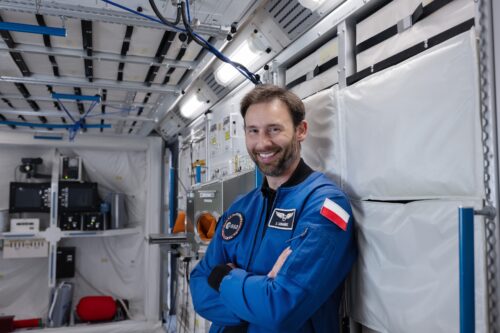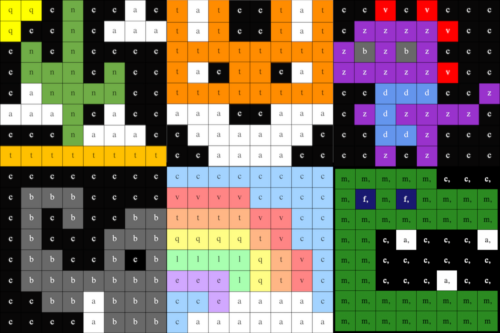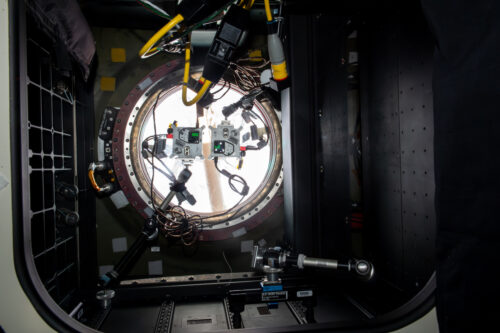The European Astro Pi challenge 2024/25
Registration is open for the European Astro Pi Challenge 2024/25! The Astro Pi Challenge, a collaborative educational project between the European Space Agency (ESA) and the Raspberry Pi Foundation, presents an exciting opportunity for young people to write computer programs that will run aboard the International Space Station (ISS).
Participants can choose between two missions, designed for both beginner and more experienced coders. Their code will be executed on specialised Raspberry Pi computers, known as Astro Pis, located on the ISS.
Introducing the New Astro Pi ambassador: Sławosz Uznański

Sławosz Uznański, a newly appointed ESA project astronaut, has been named the ambassador for this year’s Astro Pi Challenge. Born in Poland in 1984, Uznański has a background in space systems engineering and radiation effects research. He previously served as the Engineer in Charge of the Large Hadron Collider at CERN.
Mission zero: display your pixel art in Space

Mission Zero invites young people to design and display pixel art on the Astro Pis’ LED screens, an activity that requires no previous Python coding experience. The mission can be completed in roughly one hour.
Participants are encouraged to create pixel art inspired by the natural world, both on Earth and beyond. Their designs will be displayed on the ISS Astro Pi computers, visible to astronauts during their daily routines. Using the Mission Zero project guide, participants will learn to create simple Python programs, incorporating variables and using the Astro Pis' colour sensors to alter the background of their images. The guide also features examples from the 2023/24 Mission Zero teams for inspiration.
Young people can complete Mission Zero individually or in teams of up to four. This year, a new save function has been introduced, allowing participants to pause their coding progress and resume at a later time, making it easier for mentors to spread the project over multiple sessions. Participants will use their classroom code and team name to access saved work, enabling them to complete the project at home if needed.
Mission space lab: determine the speed of the ISS

Mission Space Lab challenges teams to solve a real-world scientific problem in space, making it perfect for those eager to expand their programming skills and learn more about space science.
This year’s task involves calculating the speed of the ISS as precisely as possible. Teams of two to six participants will write a Python program that collects data from the Astro Pi computers’ sensors or cameras, analysing the ISS’s orientation and motion during its orbit around Earth. The program will then use this data to compute the station’s travel speed.
To assist with development, a new online version of the Astro Pi Replay tool has been introduced. Teams can run their programs in a real-time simulation, using historical data and images to replicate the conditions aboard the ISS. Astro Pi Replay will display outputs and report any errors, allowing participants to test their code in a web browser or, if preferred, offline using Thonny.
Key dates for the Astro Pi challenge 2024/25
- 16th September 2024: Registration opens for both Mission Zero and Mission Space Lab
- 24th February 2025: Mission Space Lab submissions close
- 24th March 2025: Mission Zero submissions close
- April–May 2025: Astro Pi programs run aboard the International Space Station
- June 2025: Participants receive certificates
This challenge provides an extraordinary educational experience, giving young people the chance to contribute their work to space exploration.







